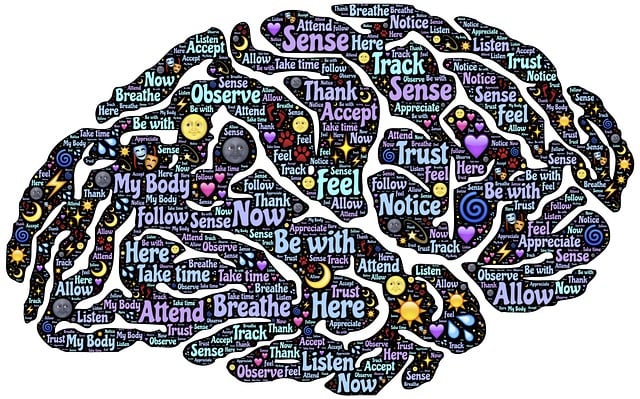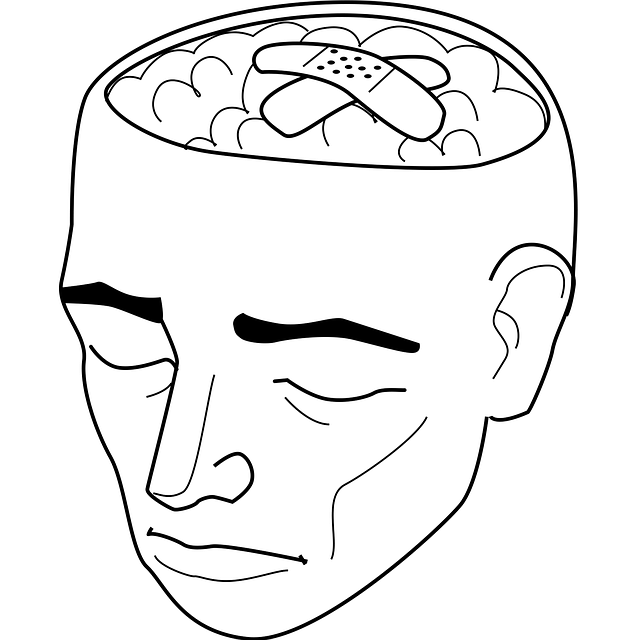Developing effective mental health policies and risk management plans for young adults with drug abuse or substance use disorders (SUD) is crucial. These individuals face unique risks, including comorbid mental health issues and academic/career pressures. Early intervention through tailored therapy, focusing on root causes like trauma or depression, improves outcomes. Mental health professionals integrate risk management into therapy sessions, using structured frameworks and cultural sensitivity to proactively address risks. Coaching programs for mental wellness development foster resilience. Tailored therapy sessions equip young adults with coping strategies, build resilience, and prevent relapse. Integrating Mental Health Education Programs and Trauma Support Services enhances long-term well-being.
Mental health professionals play a vital role in addressing the growing concern of drug abuse among young adults. Effective risk management planning is essential to ensure safe and successful therapy sessions. This article explores critical aspects, including understanding unique risk factors in this demographic, integrating risk management techniques into therapy, and empowering patients with resilient coping strategies. By delving into these areas, we aim to enhance the quality of care for young adults grappling with substance abuse.
- Understanding Risk Factors in Young Adult Drug Abuse
- Integrating Risk Management into Therapy Sessions
- Building Resilient Coping Strategies for Patients
Understanding Risk Factors in Young Adult Drug Abuse

Understanding risk factors is a critical aspect of developing effective risk management plans for mental health professionals working with young adults suffering from drug abuse and substance use disorders. This demographic faces unique challenges, including high rates of comorbid mental health issues and a higher vulnerability to addiction due to various social, economic, and environmental influences. Mental health policy analysis and advocacy play a pivotal role in identifying these risks and shaping interventions that address them.
Young adults may experience increased stress related to academic or professional pressures, leading to emotional regulation difficulties. Burnout prevention strategies are essential in mitigating the risk of substance abuse escalating. Early intervention through therapy for young adults with drug abuse issues can significantly improve outcomes by addressing the root causes, such as trauma, depression, or anxiety. By integrating these insights into risk management planning, mental health professionals can offer tailored support, enhancing patient well-being and recovery prospects.
Integrating Risk Management into Therapy Sessions

Integrating risk management into therapy sessions for young adults struggling with drug abuse or substance use disorders is a vital step in ensuring effective treatment and safe practices. Mental health professionals play a crucial role in identifying potential risks within each session, enabling them to proactively manage and mitigate these dangers. By incorporating risk assessment tools and strategies, therapists can create a structured framework that addresses the unique challenges faced by this demographic.
One approach is to utilize conflict resolution techniques as a means of managing interpersonal risks. These skills empower clients to navigate difficult situations and express their emotions healthily. Additionally, mental wellness coaching programs development should be considered as a long-term strategy for fostering resilience and self-management among young adults. Cultural sensitivity in mental healthcare practice is also essential, allowing professionals to adapt their methods for diverse populations, thereby enhancing the overall therapeutic experience.
Building Resilient Coping Strategies for Patients

Mental health professionals play a pivotal role in equipping their patients with effective coping strategies, especially those facing challenges like drug abuse or substance use disorders. Building resilience is crucial for young adults navigating these issues; it empowers them to manage stress and triggers, fostering better mental health outcomes. Through therapy sessions, professionals can design tailored programs that focus on coping skills development, encouraging clients to adopt healthy behaviors and alternative ways of dealing with difficult emotions.
The integration of Mental Health Education Programs can significantly contribute to this process. By teaching patients about the impact of trauma and offering Trauma Support Services, therapists enable individuals to understand their experiences and develop personalized strategies for resilience. This proactive approach not only aids in preventing relapse but also equips young adults with lifelong tools to navigate life’s challenges, ensuring better mental health and well-being.
Mental health professionals play a pivotal role in supporting young adults struggling with drug abuse. By integrating risk management planning into their practice, therapists can enhance patient outcomes and foster resilience. Understanding specific risk factors associated with substance abuse among young adults is essential, as it enables tailored interventions. Through regular therapy sessions that incorporate risk assessment and management strategies, professionals can equip patients with effective coping mechanisms. This proactive approach not only mitigates potential risks but also empowers individuals to navigate challenges, leading to better long-term mental health outcomes for those dealing with drug abuse issues.











